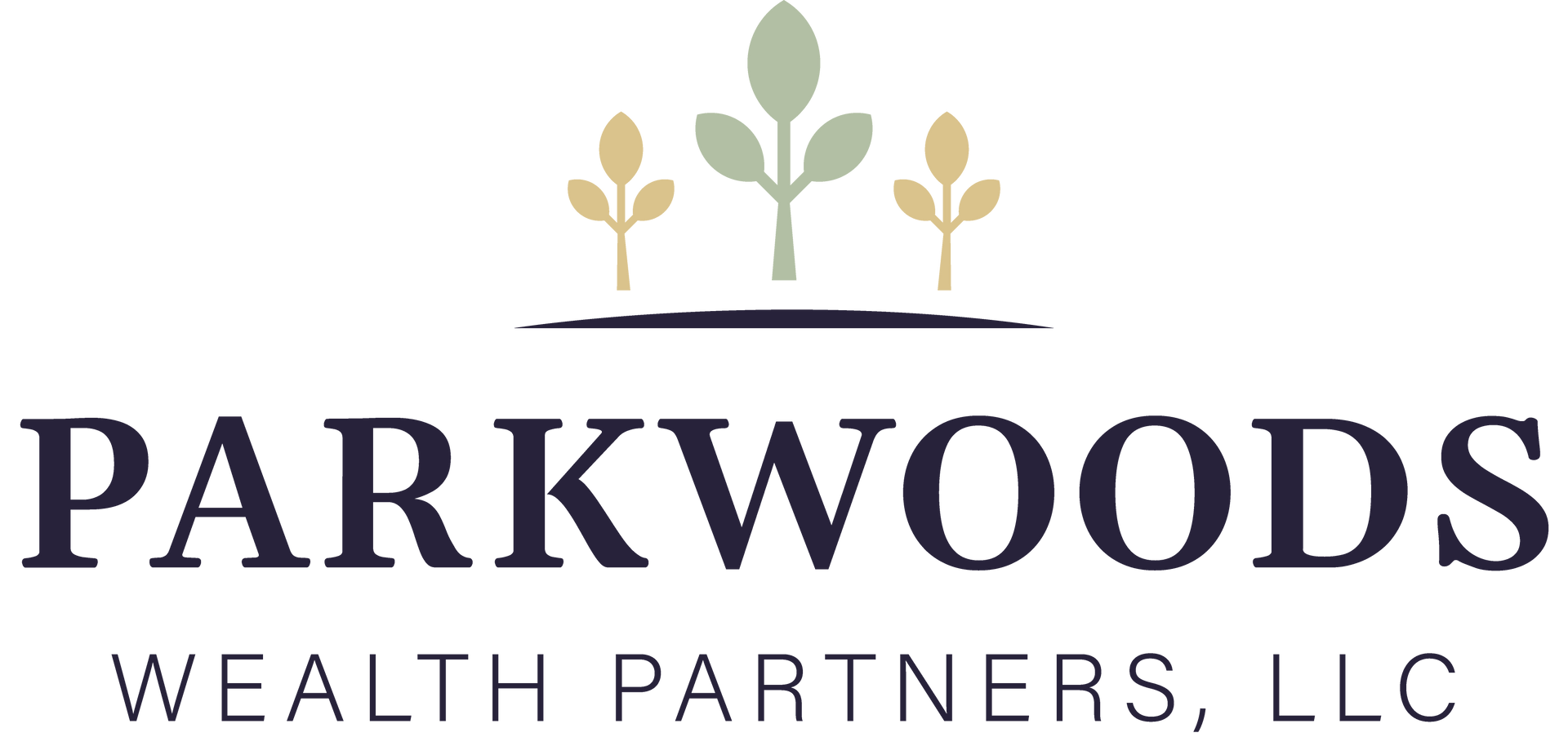What You Need to Know About Your Carrier Pension Preservation Plan Options
After 41 years, Carrier has separated from its parent company, United Technologies (UTC). (1) As part of the split, Carrier has started offering lump-sum pension buyouts to many employees. The best option is different for each person. Your age, length of service with the company, and current financial situation are just a few of the factors to consider when making an informed decision. Here is a high-level overview of what you should keep in mind as you navigate your Carrier buyout options.
Basics of the Carrier Pension Buyout Offer
Carrier’s decision to offer pension buyouts is not unique. Many employers are taking this step to reduce their future pension liabilities and cut costs, especially during the economic volatility caused by the pandemic.
In a pension buyout offer, the company usually offers a lump sum equal to the present value of the payments you would have started collecting at 65, or you can opt to receive regular payments in retirement. There are pros and cons for each option that should be thoroughly considered before making a decision.
Choosing the Lump-Sum Buyout
Choosing the lump-sum buyout option is not a decision to be made lightly. Consider the following benefits and drawbacks.
Pros
- More investment options: With a lump-sum buyout, you will have more options for investing your funds. You can roll the funds into an Individual Retirement Account (IRA) and you will have more control over the asset allocation and can tailor your investment to your unique needs.
- Withdrawal flexibility: Taking the buyout option will also give you the flexibility to determine withdrawal amounts and frequency. For example, if you find yourself in need of a distribution for an emergency medical procedure or other unforeseen expense, taking the pension buyout could give you the liquidity you need.
- No immediate required distributions: Though you have withdrawal flexibility, there is no immediate requirement to take distributions upon payment of the lump sum. This means that you can roll your funds into an IRA Rollover account or your new employer’s 401(k) and allow it to grow for years before you are required to distribute the principal. Generally, required minimum distributions (RMDs) will not be needed until age 72 depending on what type of account you use to invest your funds.
- Legacy planning: One of the biggest benefits of taking the lump-sum buyout option is that any amounts not needed for your own retirement can be passed down to heirs or charitable causes. Pension payments, on the other hand, generally cease after you and your spouse pass away regardless of how much was actually paid out. There is usually no way to pass the remaining pension plan to an heir unless the lump-sum distribution is elected.
Cons
- Difficult to manage: Taking the lump-sum buyout may not be the right option if you’re uncomfortable managing your own money or are afraid you’ll spend the money on other needs or wants before retirement.
- Potential tax liability: Keep in mind that if you don’t roll the lump-sum payment into an IRA or other workplace retirement plan, those funds will be taxed as ordinary income, possibly driving your overall tax bill higher.
- No guaranteed income: When you take the lump-sum buyout option, you are giving up the guaranteed income that comes from the pension payment. If you spend down your payout or if your investment choices don’t do as well as you hoped, your retirement funds could be at risk.
Opting for the Pension Payment
If you are considering the pension payment instead, be sure to keep these pros and cons in mind.
Pros
- Guaranteed income: With the pension payment option, your employer guarantees a set retirement income, regardless of how the underlying assets perform. This can be a huge benefit if your biggest retirement concern is a steady source of income.
- Different payout options: Some pensions offer different retirement payout options, which could give you greater flexibility in how you receive your retirement income. For instance, some will offer payments for a set number of years, while others will pay income for life. Similarly, some plans will continue to pay income to your spouse or children after you pass away, while others will not. Depending on your specific needs, these flexible options could be a great benefit.
- Cost-of-living adjustments: Most pension plans have cost-of-living adjustments, which can help your retirement income keep pace with inflation.
Cons:
- No investment control: With a traditional pension plan, you have no control over the underlying investments. Pensions are invested based on your life expectancy, so if you live longer or want to leave more to your kids or grandkids, the pension investments might not be a suitable match.
- Less flexible withdrawal options: Choosing the pension payment option means you will receive a set amount every month. There are no lump-sum options and there is no option to disburse funds in the event of an emergency. This gives you significantly less flexibility in retirement.
- No ability to leave your money invested: The value of your pension benefit is typically frozen once you retire. This means you can’t leave your funds invested to grow beyond your retirement date. This is different from the lump-sum buyout option, which can be left to grow at least until age 72.
- Employer solvency: Keep in mind that your pension payment is only as strong as your employer. If they start to experience financial difficulty, you could receive less of a benefit than what you originally expected. If the plan is insolvent and not covered by the U.S. Government Agency, the Pension Benefit Guaranty Corporation (PBGC), you could lose a significant portion of your retirement savings.
- Limited legacy planning: Pensions usually have limited choices when it comes to choosing your beneficiaries or planning for your heirs. If leaving a legacy is important to you, then choosing the pension payment may not be the right option for you.
Making Your Pension Decision
Choosing between a lump-sum buyout or regular pension payments is a huge decision that will affect your financial situation for decades to come. Whichever option you choose, it’s critical that you make the right choice the first time around.
At Parkwoods Wealth Partners, we can help you make the right decision. We offer a pension vs. lump sum analysis that assesses the pros and cons of each option and how they tie in with other important factors like Social Security, retirement savings, age, longevity, lifestyle, and legacy. We will establish a plan that makes the most sense for your unique situation, helping you achieve the best life possible with the money you have.
About Jeff
Jeff Campbell is a Wealth Advisor with Parkwoods Wealth Partners, a financial planning firm committed to providing services and advice that puts you, your family, and your values and goals first. With 25 years of experience in the financial industry, Jeff is passionate about building relationships with his clients, coaching them to make solid financial decisions and guiding them as they work toward the financial future of their dreams. He is known for being a good listener and providing clarity and confidence as he helps business owners secure their retirement and live their best life. Jeff has a bachelor’s degree in Economics from the University of Richmond. When he’s not working, Jeff loves spending time with his wife, Caitlin, his two children, Paige and Colin, and his extended family. He enjoys golfing, traveling, playing the guitar, and seeing live music. To learn more about Jeff, connect with him on LinkedIn.
________________
This post appeared first on www.fmfewealthmgt.com.

5333 N 7th St Bldg. A, Suite #200 & #201
Phoenix, AZ 85014
All Rights Reserved | ATR Law Group

